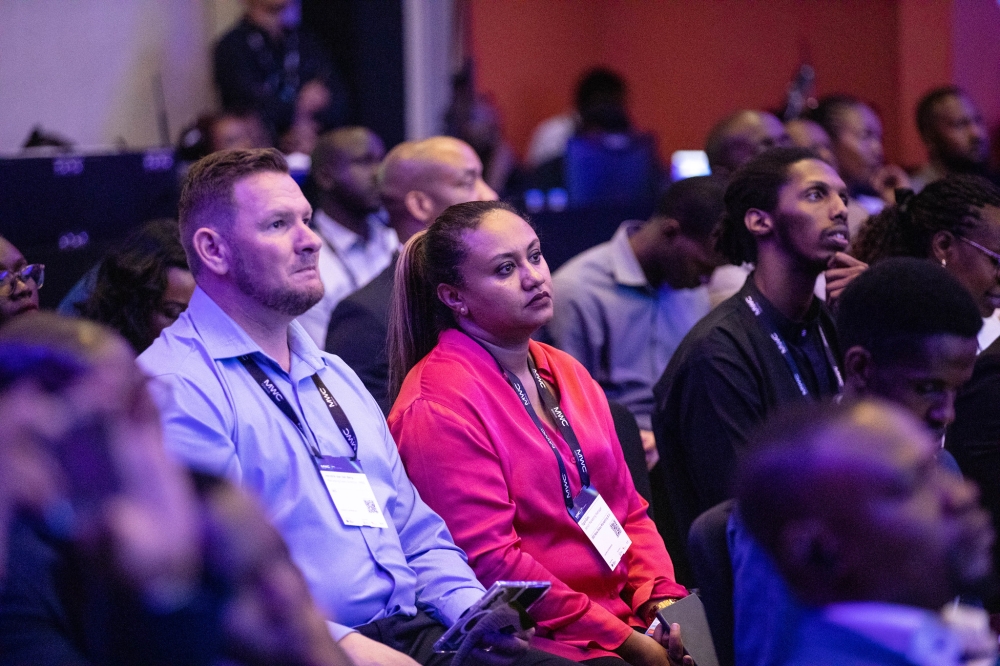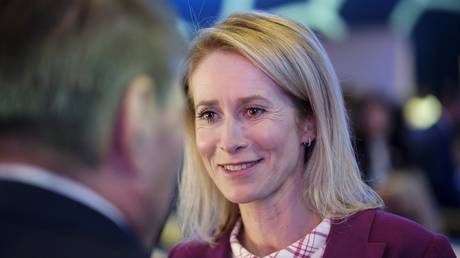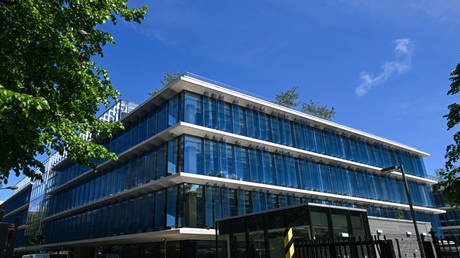A coalition of African and global partners has launched a collaborative initiative aimed at developing inclusive African large language models (LLMs) to strengthen the continent’s artificial intelligence (AI) ecosystem.
The initiative was unveiled during the third Mobile World Congress (MWC) Africa, which opened on October 21.
ALSO READ: Telecom leaders urge Africa to harness AI connectivity for inclusive growth
The initiative focuses on building homegrown technological capacity and promoting linguistic diversity in AI systems.
The new initiative brings together major industry players, including Airtel, Axian Telecom, Ethio Telecom, MTN, Orange, Vodacom, Cassava Technologies, and Masakhane African Languages Hub, alongside research and technology partners such as Awarri, Lelapa AI, Pawa AI, the African Population and Health Research Center (APHRC), Qhala, and the World Sandbox Alliance.
“The mobile industry is now the backbone of Africa’s economy, supporting around eight million jobs and contributing 7.7 percent of the continent’s GDP, which is already above the global average. That influence will only continue to grow,” said Vivek Badrinath, Director General of the Global System for Mobile Communications Association (GSMA), which organized the conference.
ALSO READ: AI must be affordable in Africa, say experts at Mobile World Congress
Despite progress in adopting AI, experts caution that foundational challenges continue to hinder Africa’s full participation in the global AI ecosystem. These include limited data in African languages, inadequate computing infrastructure, a shortage of skilled professionals, and weak policy frameworks.
“AI systems today are mostly trained on data from the global north, meaning they often don’t understand African realities, values, or languages. That’s why we’re building African-led language models to make AI relevant, inclusive, and representative of our continent,” said Badrinath.
In response, GSMA is urging governments, private sector players, and research institutions to collaborate in addressing these gaps and aligning strategies. The association stresses that collective action is essential to accelerate Africa’s AI readiness and ensure the continent plays an active and influential role in shaping the global AI landscape.
ALSO READ: Kagame: Technology should benefit all Africans, not widen inequality
Currently, most of the world’s large language models are developed in a few global languages, leaving billions of speakers of underrepresented languages without meaningful access to AI tools.
In Africa, this imbalance risks deepening digital and economic divides. The new initiative seeks to change that by training AI language models on African data and local languages, enabling applications that reflect African realities across sectors such as education, healthcare, creative industries, and governance.
A GSMA-led feasibility study found that African-built AI language models are both technically feasible and economically viable. However, it emphasised that success would depend on long-term investment and strong leadership.
As part of the next phase, dedicated working groups will advance progress across four key pillars: data, compute, talent, and policy. The partners have also committed to sharing outcomes at upcoming GSMA events to ensure transparency and measurable impact.
“Africa’s diversity of languages and cultures is one of our greatest strengths, yet it has too often been overlooked in the development of global AI systems. This initiative turns that challenge into an opportunity building African-led AI capacity, empowering innovation across industries, and ensuring Africa shapes the digital future on its own terms,” said Angela Wamola, Head of GSMA Africa.
GSMA is also calling on startups, academia, civil society, creative industries, donors, and global technology firms to join the collaboration and contribute resources and expertise to accelerate progress.





